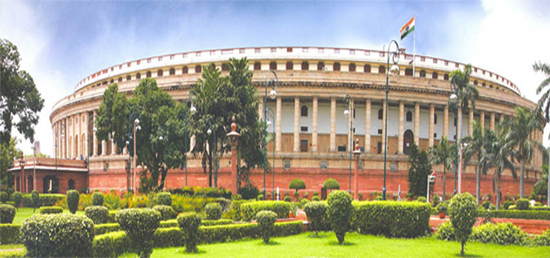
With the aim of "One Nation, One Tax", the Upper House of the Indian Parliament, Rajya Sabha, passed the Goods and Services Tax Bill- The Constitution (One Hundred and Twenty-second Amendment) Bill on August 3, 2016.
Goods and Services Tax (GST) would be a comprehensive indirect tax on manufacture, sale and consumption of goods and services throughout India, to replace taxes levied by the central and state governments. GST would be levied and collected at each stage of sale or purchase of goods or services based on the input tax credit method.
The introduction of Goods and Services Tax (GST) would be a significant step in the reform of indirect taxation in India. Amalgamating several Central taxes (Excise Duty, Additional Excise Duty, Service Tax, Countervailing, Special Additional Duty of Customs etc.) and State taxes (VAT/Sales Tax, Octroi, Purchase Tax, Entertainment Tax, Luxury Tax etc) into a single tax would mitigate cascading or double taxation, facilitating a common national market.
The introduction of GST would benefit the consumers, business & industry and the Central & State Governments. Manufacturing will get more competitive, thus providing a boost to the Government of India initiatives like "Make in India". It has generally been estimated that the GST can add as much as 2 percentage points to India's Gross Domestic Product as tax compliance improves.
The Government has set 1st April, 2017 as the date for introducing the GST.
For more info on GST: http://pib.nic.in/newsite/PrintRelease.aspx?relid=148240
**********